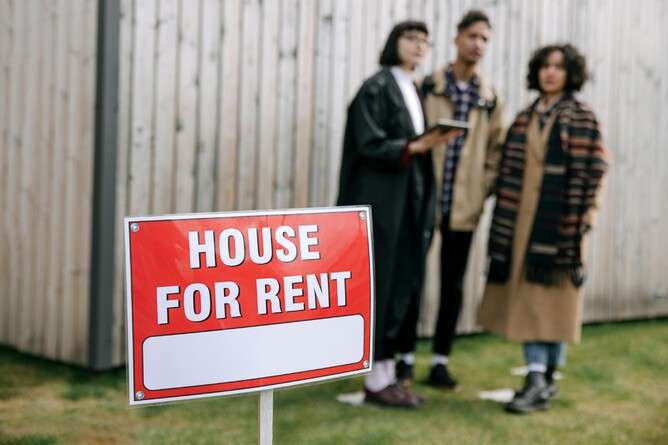A New Dawn for Renters: Section 21 Abolished in Historic Rights Overhaul
The landscape of renting in England has been fundamentally reshaped with the government’s landmark Renters’ Rights Bill that recently received Royal Assent and significantly strengthened tenant rights. Enacted as the Renters’ Rights Act, the government hopes that new legislation rebalances the relationship between England's 2.3 million landlords and 11 million tenants, which was long criticised by tenant supporting organisations for its inherent insecurity and power imbalance.
On of its core historic changes is the definitive abolition of Section 21 ‘no fault’ evictions. This practice, which saw over 11,000 households repossessed by bailiffs in the year to June 2025 and threatened countless others with homelessness, will soon be binned, to the dismay of many landlords.
Ending the Fear of Retaliation
According to the supporters of the new Act, removing the Section 21 clause is a seismic shift, designed to empower tenants to challenge poor conditions and unreasonable rent increases without the constant fear of arbitrary, retaliatory eviction.
While the reforms give tenants greater security by moving all assured tenancies to a periodic (rolling) basis, the government claims that legitimate landlord interests are also being protected through strengthened repossession grounds. Tenants wishing to leave can now do so with two months’ notice, while landlords who genuinely need to sell or move into a property will still be able to gain possession, though they must give four months’ notice and cannot do so in the first 12 months of a tenancy. Eviction grounds will also remain for cases of significant rent arrears (now three months’ outstanding rent, up from two), property damage, or antisocial behaviour. However, many landlords fear that tenants will misuse their new rights, leave them out of pocket, and cause avoidable difficulties without an efficient route to resolve disputes.
Prime Minister Keir Starmer hailed the change, stating, "For too long, millions of renters have lived at the mercy of rogue landlords or insecure contracts... We’re putting an end to that." Housing Minister Matthew Pennycook stressed that the Act will "level decisively the playing field between landlord and tenant." Nonetheless, it’s clear that the misconduct of a small number of landlords has been used by the government to honour its manifesto promises and tilt the power in the tenant’s favour.
Fairer Rents and Greater Standards
Beyond the abolition of Section 21, the new Act introduces several measures aimed at establishing fairness and dignity in the sector:
Tackling Discrimination: It will become illegal for landlords and agents to discriminate against prospective tenants based on whether they receive benefits or have children.
Decent Homes and Safety: For the first time, the Decent Homes Standard will be applied to the private rented sector, compelling landlords to ensure their properties are safe and in good repair.
Ending 'Bidding Wars': Landlords and agents will be prohibited from asking for or accepting rental offers above the advertised price, preventing the current exacting practice of rental bidding. Furthermore, the upfront payment to secure a tenancy will be limited to just one month's rent, alongside the existing rules on security deposits.
Pet Requests: Tenants will gain a strengthened right to request a pet, which a landlord cannot unreasonably refuse, though landlords can require pet insurance to cover potential damages.
The Act also introduces a new Private Rented Sector Ombudsman to offer swift, binding resolutions for tenant complaints, with the power to compel apologies, remedial action, and compensation. However, the sector is now urgently awaiting clarity from ministers on the implementation date for the various changes, including when the Ombudsman will actually be up and running.



